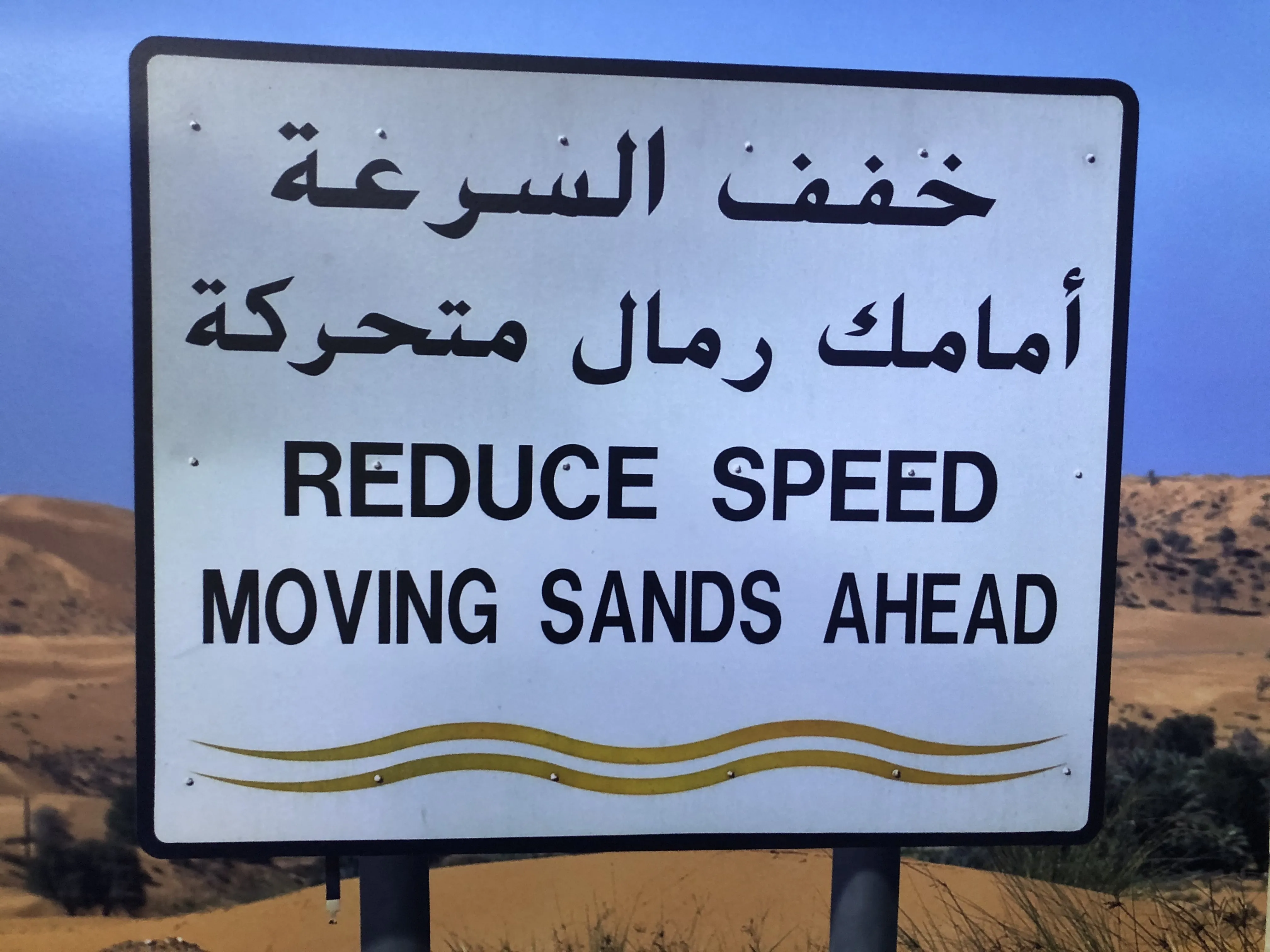
Ministry of Land, Infrastructure and Transport recognised for sustained progress in curbing road traffic injuries
The
“Korea’s leadership and track record over the last 25 years in curbing traffic injuries is truly impressive, and serves as an inspiration for other governments and the global community of road safety professionals,” said IRF president & CEO C Patrick Sankey. “The Find A Way Award embodies the idea that governments everywhere have an important opportunity and responsibility to weigh in the broader policy directions and examine ways to prevent what has become a global public health crisis.”
Receiving the award for the Ministry of Land, Infrastructure and Transport, assistant minister Jeong-ryeol Kim said, “I am very proud to be part of the United Nations Decade of Action for Road Safety and to receive this award as the leader in road safety. In Korea, the number of traffic crash fatalities has been steadily decreasing over the last years.
“It highlighted many road safety initiatives such as enforcement of traffic laws and promotion of traffic safety culture and education nationwide. I hope that Korea could serve as an excellent example to inspire other countries to achieve our mutual goals of making safer roads and saving countless lives.”








